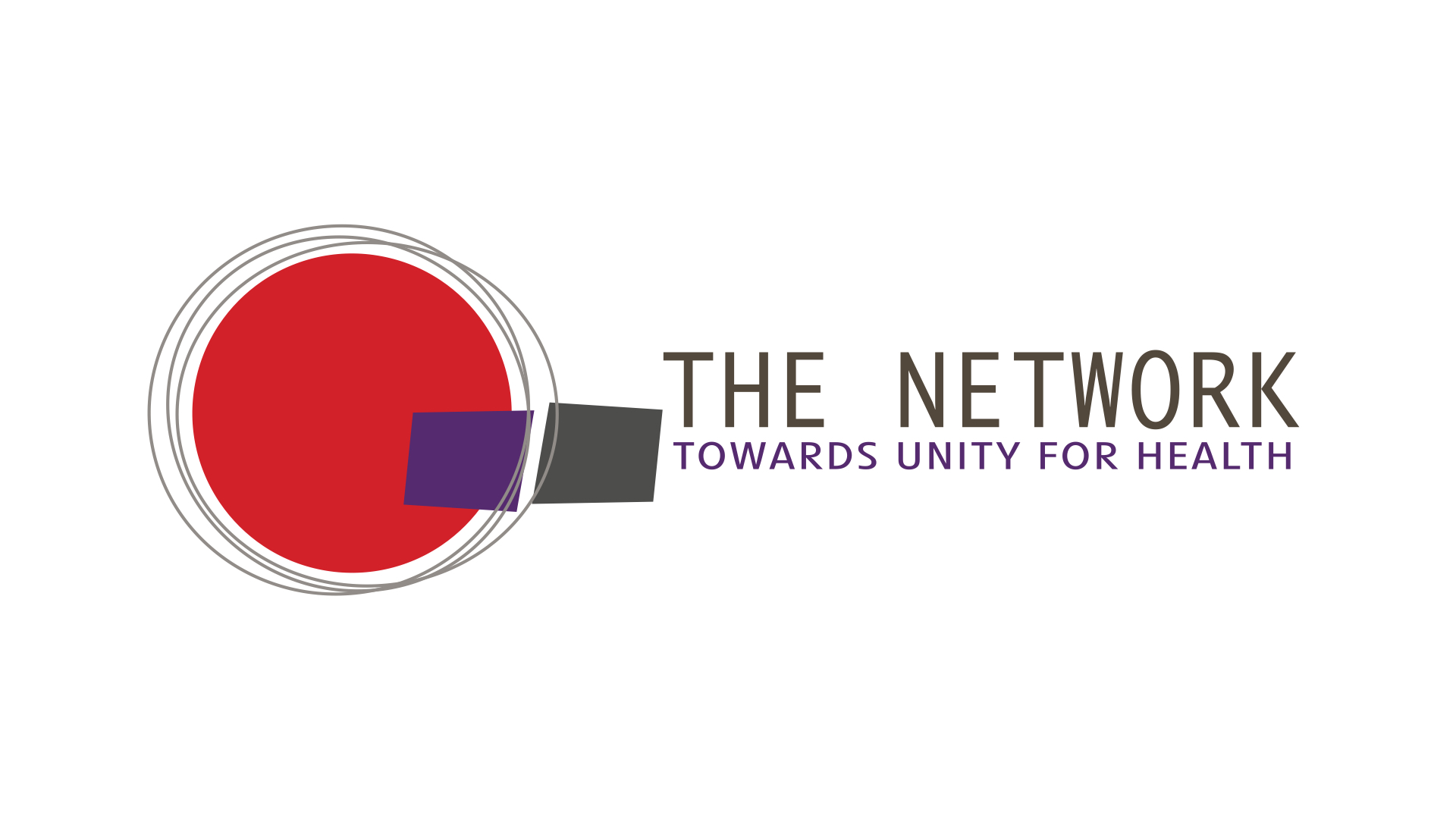Towards Unity for Health
As human beings, we are all connected by the shared experience of being alive and the inherent vulnerability that comes with it. It is no surprise, then, that the pursuit of health and well-being has always been a fundamental aspect of human societies. However, despite our common goal, the reality is that access to healthcare and the quality of healthcare often vary greatly between different communities and countries.
One of the main reasons for these disparities is the fact that healthcare is a complex and multifaceted issue that is influenced by a wide range of factors, including socio-economic status, cultural beliefs, and political systems. As a result, efforts to improve healthcare often require a holistic approach that addresses not only medical and technological advancements, but also social, economic, and political issues.
One way to approach this challenge is through the concept of unity for health. This concept recognizes that health is a shared responsibility and that all sectors of society have a role to play in promoting and protecting it. By working together and leveraging the strengths of different sectors, we can create a more inclusive and equitable healthcare system that serves the needs of all individuals and communities.
One example of this approach is the concept of universal healthcare, which aims to ensure that all individuals have access to the healthcare services they need, regardless of their ability to pay. This can be achieved through various strategies, such as expanding insurance coverage, implementing community-based health programs, and providing financial assistance for those in need.
Another key aspect of unity for health is the recognition of the interdependence between different aspects of health. For example, addressing issues such as poverty, education, and environmental sustainability can have a significant impact on overall health outcomes. By addressing these broader determinants of health, we can create a more holistic and sustainable approach to healthcare.
In addition, unity for health involves the participation and empowerment of communities in the design and implementation of healthcare programs. By involving communities in the decision-making process, we can ensure that healthcare programs are tailored to the specific needs and cultural beliefs of the community, leading to more effective and sustainable outcomes.
In conclusion, unity for health is a concept that recognizes the interconnected nature of healthcare and the need for a holistic approach that involves all sectors of society. By working together and leveraging the strengths of different sectors, we can create a more inclusive and equitable healthcare system that serves the needs of all individuals and communities.








